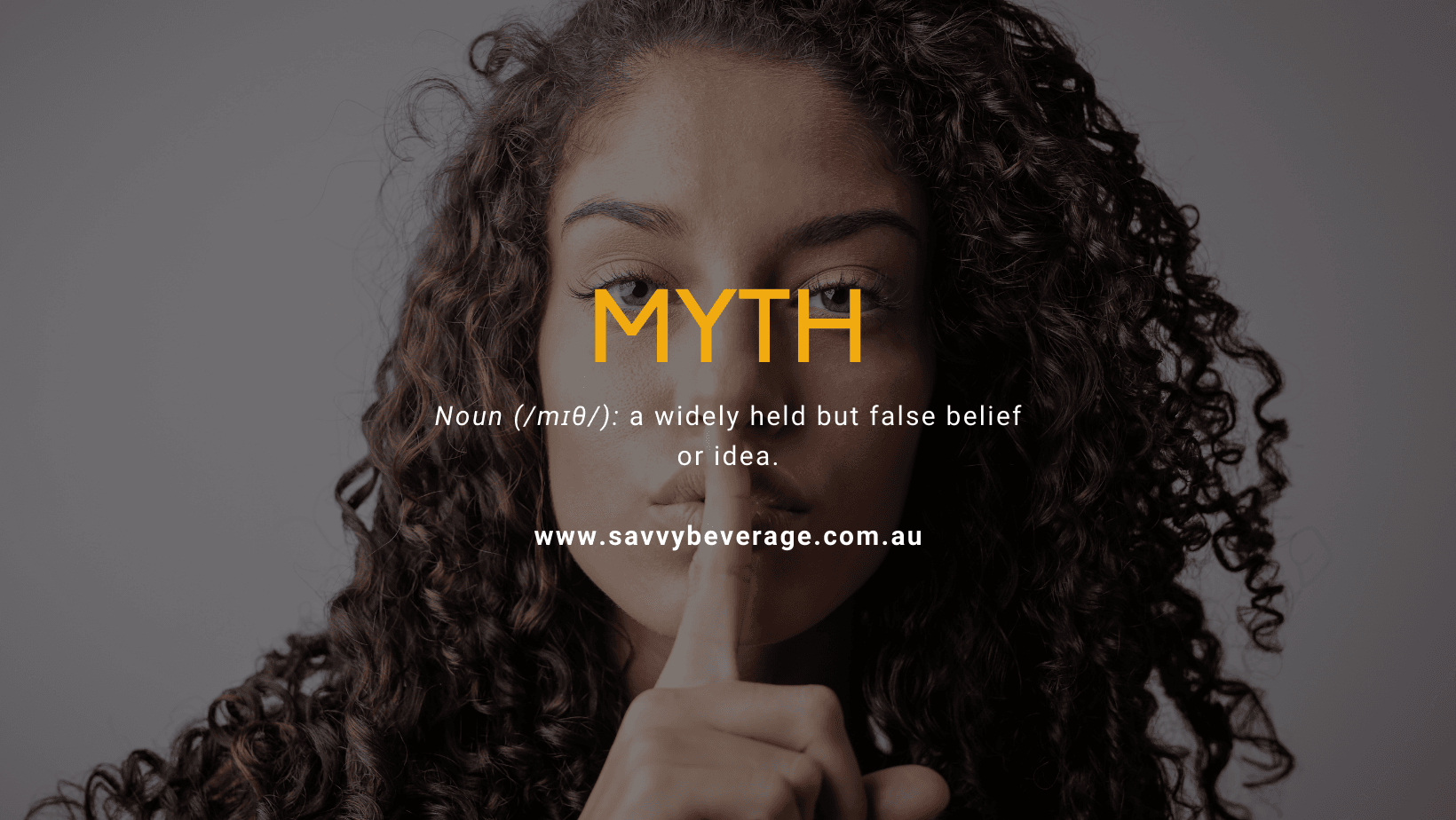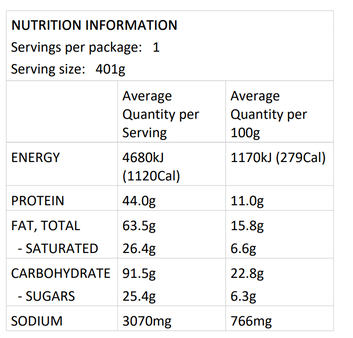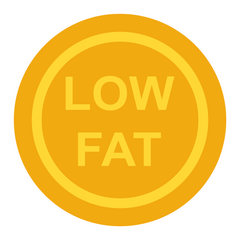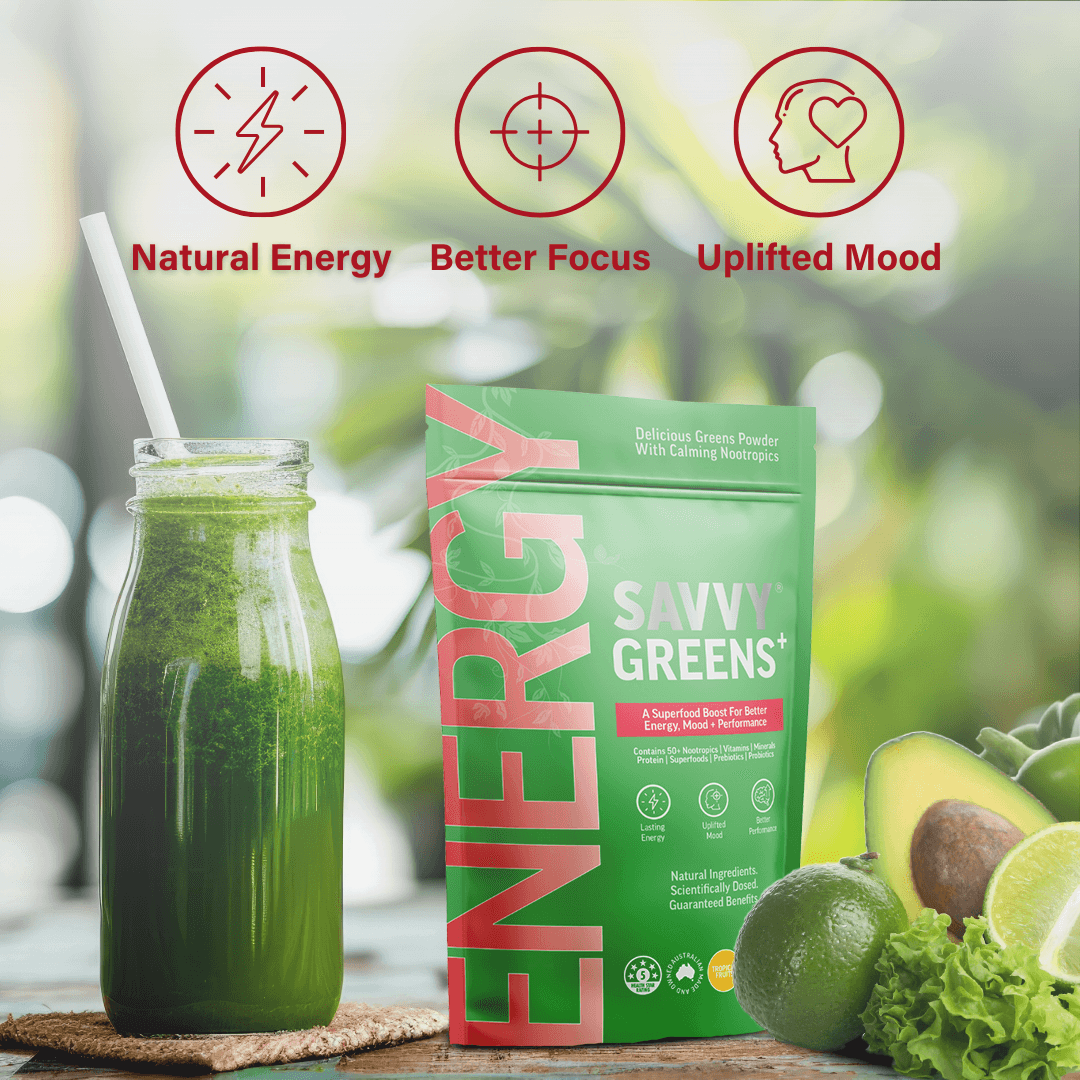
Dirty secrets and myths of the nutrition industry

|
Article at a glance |
|
When you go through social media, read your favourite magazine, or visit famous websites, you are exposed to an unlimited amount of nutrition and health advice, the majority of which is not based on any science and is entirely inaccurate.
Even competent health professionals, such as doctors, health experts like nutritionists and dietitians, sometimes get it wrong as they are not up to date with scientific changes in the best cutting edge nutrition information.
Here are some of the dirty secrets of the nutrition industry.
Do not be fooled by companies saying they use turmeric, or another buzzword ingredient without checking how much they use!! Many “health companies” are just good marketing companies with crappy products.
We know that the world of nutrition can be confusing, and often it’s because many companies try and make it that way. Many of our friends at Savvy often reach out to ask which products are good, and whether they should take this product.
Knowing nutrition and working in food and beverage has been an eye-opening experience as we would say well over half the products sold as “healthy nutrition supplements” are pretty damn average. And it’s not fair for you to be won over by amazing marketing, instead of an amazing product. So we wanted to help you to realise what products are good, and what makes them good, so you’ll know for yourself how to tell whether a product is worth it or not.
THE BIGGEST DIRT FIRST - Label Claiming

The first and most important nutrition tip I can give you is to make sure the products you have the right ingredients at the right amount. I can’t tell you how many products I have seen that have a few really good ingredients in them, only to check the label and find they only have a tiny amount of each ingredient, and not nearly enough to do anything. There are many products on the market that use highly-beneficial ingredients, often but they do not have enough to work at all.
Let us explain this with an example. Pretend that you had a headache, and wanted to take something to help relieve the pain. We know that you would probably take two paracetamol tablets right? Because that’s how much you need for it to work. Imagine if instead of giving you two tablets, we took one tablet, cut it up into tiny pieces and gave it to you. Would it have any effect on you? Of course not.
But this is what many companies (and we mean well over half of them) do on a regular basis to you, but with other buzzword ingredients.
There is a specific amount of each ingredient you need for it to have an effect on you. So when we talk about the amazing stress relieving properties of an ingredient like Ashwagandha, there is actually an amount you need for it to work, and we are going to tell you all of these so you can check for yourself if the health products you consume are actually doing you any good, or if they’re just harming your bank account.
Many nutrition companies use nootropics, adaptogens and other buzzword ingredients which are known to have a range of benefits, but they are heavily underdosed, meaning they simply don’t have enough to work at all. Why would a company do this? There’s two main reasons we have seen across my last 6 years in this industry:
- They have absolutely no idea what they’re doing and they want to use a buzzword ingredient.
- They are deliberately underdosing and being manipulative as a marketing exercise. Keeping their costs low, and knowing that the product will not have any benefits, but they will market it as if it’s amazing.
We want to help you not get duped by underdosed products.
The next type of product to be wary of is one that does not mention how much of each ingredient they are using. When they have a “proprietary blend” and do not disclose the amount of the ingredients used, it’s not simply to protect their recipe, but it’s actually so they can hide and sneak in tiny amounts of ingredients and greatly underdose the formula, making it redundant.
In Australia, we have to list our ingredients by weight, so the first couple ingredients are in there at the largest amount, and so on. So when the “functional ingredients” are toward the end of the list, you can bet they are only using a tiny amount. The practice of claiming that an ingredient is used, when it’s barely at one tenth of what you need for feel anything is called LABEL CLAIMING. It’s actually very common which is really sad.
At Savvy, we joined the nutrition industry to make the best possible product for your brain! And our products rely on advanced scientific research. We open-source all the information about our ingredients on our website so you can learn all about them so you can be assured you’re getting enough to feel the benefits.
We use ingredients at the amount required by science, and other nutrition companies should be doing this too - but unfortunately most of them aren’t. But now you know how to spot a good product that works, from a bad one that doesn’t do anything.
Other myths of the nutrition industry

Myth: Less Calories = Losing Weight

Though generating a calorie deficit [1] burning more energy than you consume is the most significant component in weight reduction, it isn't the only aspect to consider.
The enormous number of factors that may prevent someone from losing weight, even while on a very low-calorie diet, are not taken into consideration when relying exclusively on calorie intake.
Hormonal imbalances, health disorders such as hypothyroidism, metabolic adaptations, the use of certain drugs, and heredity are just a few examples of reasons that might make weight reduction difficult for certain people, even when they're following a strict diet. [2]
This notion also overlooks the necessity of long-term weight loss and a high-quality diet. Those who adopt the "calories in, calories out" strategy focus entirely on the calorie content of meals, rather than their nutritional worth.
This can lead to a preference for low-calorie, nutrient-poor meals such as rice cakes and egg whites over higher-calorie, nutrient-dense foods such as avocados and whole eggs, which isn't good for general health.
Myth: High Fat Foods Are Bad

Despite the fact that this outdated and wrong belief is gradually being disproved, many individuals still dread high-fat meals and adhere to low-fat diets in the hopes of improving their general health.
Dietary fat is necessary for good health. Low-fat diets have also been associated with an increased risk of health problems such as metabolic syndrome, [3] as well as an increase in insulin resistance and triglyceride levels, all of which are established risk factors for heart disease.
Furthermore, high-fat diets have been shown to be as successful — if not more so — as low-fat diets in terms of encouraging weight reduction. [4]
Of course, excesses in either way, such as a low-fat or high-fat diet, can be harmful to your health, especially if the quality of your food is poor.
Myth: Make Sure You Eat Your Breakfast

While it was traditionally believed that having breakfast [5] was one of the most crucial components in ensuring a healthy day, research has revealed that this is not the case for the majority of folks.
For example, studies show that skipping breakfast might help you consume fewer calories. [6]
Furthermore, intermittent fasting, which involves skipping breakfast [7] or eating it later in the day, has been related to a slew of health advantages, including improved blood sugar management and lower inflammatory markers.
Intermittent fasting can also be achieved by eating a regular breakfast and then eating your final meal early in the evening to keep a 14–16-hour fasting window.
Keep in mind that this does not apply to growing children and teenagers, as well as individuals with higher nutrient demands, such as pregnant women and those with specific medical problems, because skipping meals can have significant health consequences in these groups. [8]
On the other hand, some data suggests that having breakfast and ingesting more calories earlier in the day rather than later in the evening, along with fewer meals, can improve health by lowering inflammation and body weight. [9]
Regardless, have breakfast if you prefer it. If you're not a morning person, there's no need to include it in your daily routine.
Myth: Small Meals Are Better For Health

Many people utilise the approach of eating small, frequent meals throughout the day to enhance their metabolism and lose weight.
If you're healthy, though, the frequency of your meals [10] doesn't matter as long as you're getting enough energy.
Those with diabetes, coronary artery disease, and irritable bowel syndrome (IBS), as well as pregnant women, may benefit from eating more often.
Myth: Non-nutritive sweeteners are healthy

Because of the growing popularity of low-calorie, low-carb, sugar-free meals, there has been a rise in the number of goods that contain non-nutritive sweeteners (NNS). While it is evident that a diet heavy in added sugar increases disease risk, NNS consumption can also have detrimental health consequences.
NNS use, for example, may raise your risk of type 2 diabetes by altering gut flora and causing blood sugar dysregulation. Furthermore, regular NNS consumption is linked to overall poor lifestyle habits. [11]
Keep in mind that research in this field is still continuing, and more high-quality studies are needed to validate these possible connections.
Myth: Macronutrient ratio is the most important

Although macronutrient ratios in your diet may lead you to assume that they are the only thing that matters when it comes to weight reduction and general health, this narrow-minded approach to nutrition misses the wider picture.
While adjusting macro ratios can help your health in a variety of ways, the quality of the foods you consume is the most significant aspect in any diet.
While it is possible to lose weight by eating just highly processed meals and protein shakes, focusing exclusively on macronutrients ignores how different foods might affect metabolic health, illness risk, longevity, and vitality.
Myth: White Potatoes Are Bad For You

Many people who desire to reduce weight or improve their general health avoid white potatoes [12] since they are often branded as "unhealthy" by nutritionists.
While eating too much of any food, including white potatoes, can contribute to weight gain, these starchy tubers are nutrient-dense and can be part of a balanced diet.
White potatoes are a good source of potassium, vitamin C, and fibre, among other minerals.
They're also more filling than other carbohydrate options like rice and pasta, which might help you feel fuller after meals. Remember to eat your potatoes baked or roasted rather than fried .
Final Thoughts
Misinformation abounds in the nutrition field, resulting in public misunderstanding, scepticism of health experts, and bad dietary choices.
It's no surprise, therefore, that most individuals have a distorted idea of what constitutes a healthy diet, given the fact that nutrition knowledge is continuously evolving.
Although these nutrition misconceptions [13] are certain to persist, educating yourself about nutrition and differentiating fact from fiction may help you feel more empowered to design a nutritious and long-lasting eating pattern that meets your own needs.
References:
[1] What Is a Calorie Deficit, and How Much of One Is Healthy?
[2] Reducing Calorie Intake May Not Help You Lose Body Weight
[5] Breakfast: To Skip or Not to Skip?
[6] Effect of skipping breakfast on subsequent energy intake
[9] The Influence of Meal Frequency and Timing on Health in Humans: The Role of Fasting
[10] Optimal Meal Frequency — How Many Meals Should You Eat per Day?
[11] Non-Nutritive Sweeteners and Their Implications on the Development of Metabolic Syndrome








